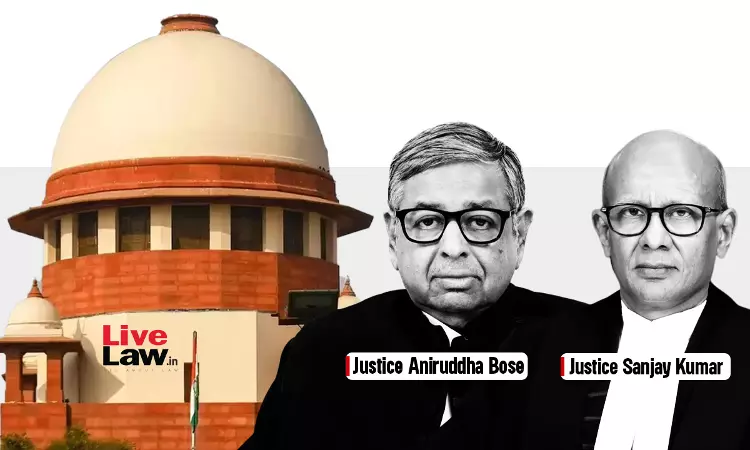Candidates Need Not Disclose Every Moveable Property Owned By Them; Voters' Right To Know Not Absolute: Supreme Court
Yash Mittal
9 April 2024 12:51 PM IST

The Court stated that only those moveable assets, which are of high-value or reflect a luxurious life style, need to be disclosed by candidates while filing nominations for elections.
Next Story


